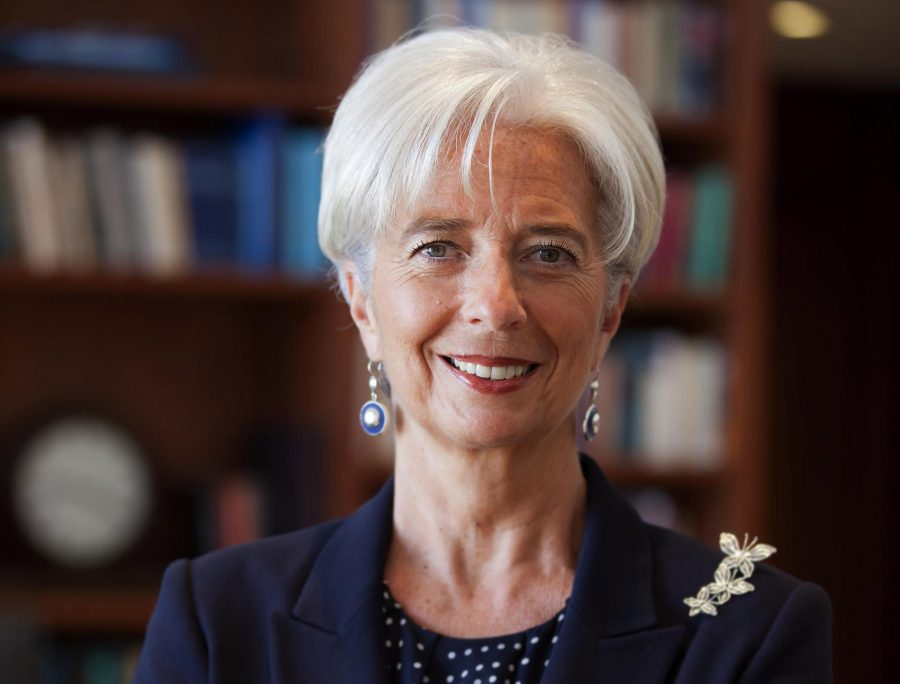European Central Bank (ECB) leader, Christine Lagarde, is leading the campaign for a digital euro but doesn’t see the flagship crypto, Bitcoin, and other cryptos as ideal for payment.
The ECB leader acknowledged the gains of having blockchain technology in play, but was critical about Bitcoin and other cryptos, particularly on the bias that it’s too volatile to be used in making payments.
READ: New CBN Circular: CBN confirms only Banks can pay IMTO dollars
“The main risk lies in relying purely on technology and the flawed concept of there being no identifiable issuer or claim. This also means that users cannot rely on crypto-assets maintaining a stable value: they are highly volatile, illiquid, speculative, and so do not fulfill all the functions of money,” Lagarde said.
In this COVID-19 era, Lagarde has declared her support for the digitalization of the Euro, elaborating deeper on what a digital euro could do, such as providing its citizens unrestricted access to money that is backed by a central bank, and allowing the Euro geopolitical area to maintain its monetary status quo.
READ: Nigeria loses N3.5 trillion to post harvest loss annually – Farmcrowdy boss
“It could be important in a range of future scenarios, from a decline in the use of cash to pre-empting the uptake of foreign digital currencies in the euro area. Issuing a digital euro might become necessary to ensure both continued access to central bank money and monetary sovereignty.
“A properly designed digital euro would create synergies with the payments industry and enable the private sector to build new businesses based on digital euro-related services,” Lagarde added.
READ: 100,000 tons of cocoa stranded at ports due to CBN documentation – Cocoa exporters
What you should know
- Some weeks back, Christine Lagarde gave a strong indication that the ECB could create its cryptocurrency within a few years, in what would be a systematical change to the euro zone’s financial system.
- Lagarde hinted that it could take two to four years before the project begins, as it would address concerns over privacy, money laundering, and the technology involved.
READ: U.S investment giant, with $295 billion assets plans to buy Bitcoin






















